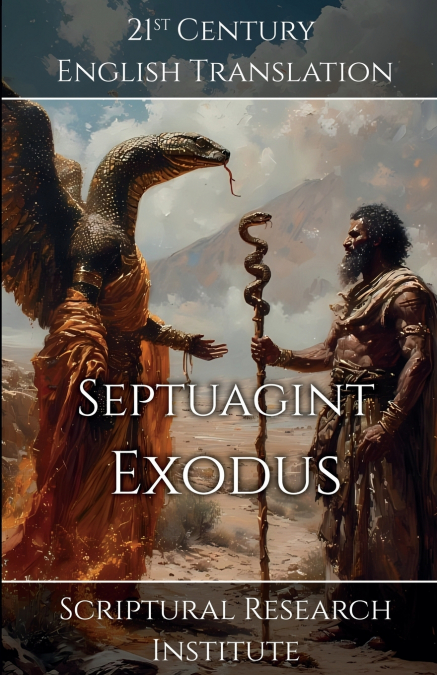
Scriptural Research Institute
Few books have generated as many debates about geographical features as the book of Exodus. It describes in detail a series of wonders that the Lord God of the Israelites, performed to cause them to be freed from their slavery in the country, and then their trek across the wilderness to a mountain on which God descended and gave them the Torah. The wonders themselves have been the source of much speculation in the past 2500 years, but the trek across the wilderness and the location of the mountain of God are the real issues most commonly debated. Most of the speculation about the geography has been by scholars who have tried to retrace the path the Israelites took out of Egypt in order to find the mountain of God, however, many mountains have been found following the places listed along the route, as most of the locations are debated. Half a dozen mountains have been identified, each with a list of locations along the route that may or may not be the original locations. This doesn’t appear to be a new problem, as even then names for the mountain in the Torah and other ancient Hebrew texts changes from one paragraph to the next. This mountain is called both Sinai and Horeb throughout the Torah, and then Seir in the book of Judges, which is widely regarded as being the oldest Hebrew text that has not been heavily redacted.Most of the confusion about where the mountain is is derived from the various interpretations of the route the Israelites took out of Egypt, as well as who the Israelites were while they were in Egypt. Some of this confusion was clearly caused by the translation of the Septuagint at the Library of Alexandria circa 250 BC. The Greek translators used the term Erythrean Sea to translate the Hebrew term Suf Yam which simply translates as ’Reed Sea’ or ’Papyrus Sea.’ The Greek term 'Erythrean Sea' referred to the Indian Ocean, Persian Gulf, Gulf of Aden, and the Red Sea. Nevertheless, ancient Egyptian records that have been translated in the past couple of centuries clarify the location of the event, and it is not in the Red Sea, which almost all translations of the Bibles and Targums report.